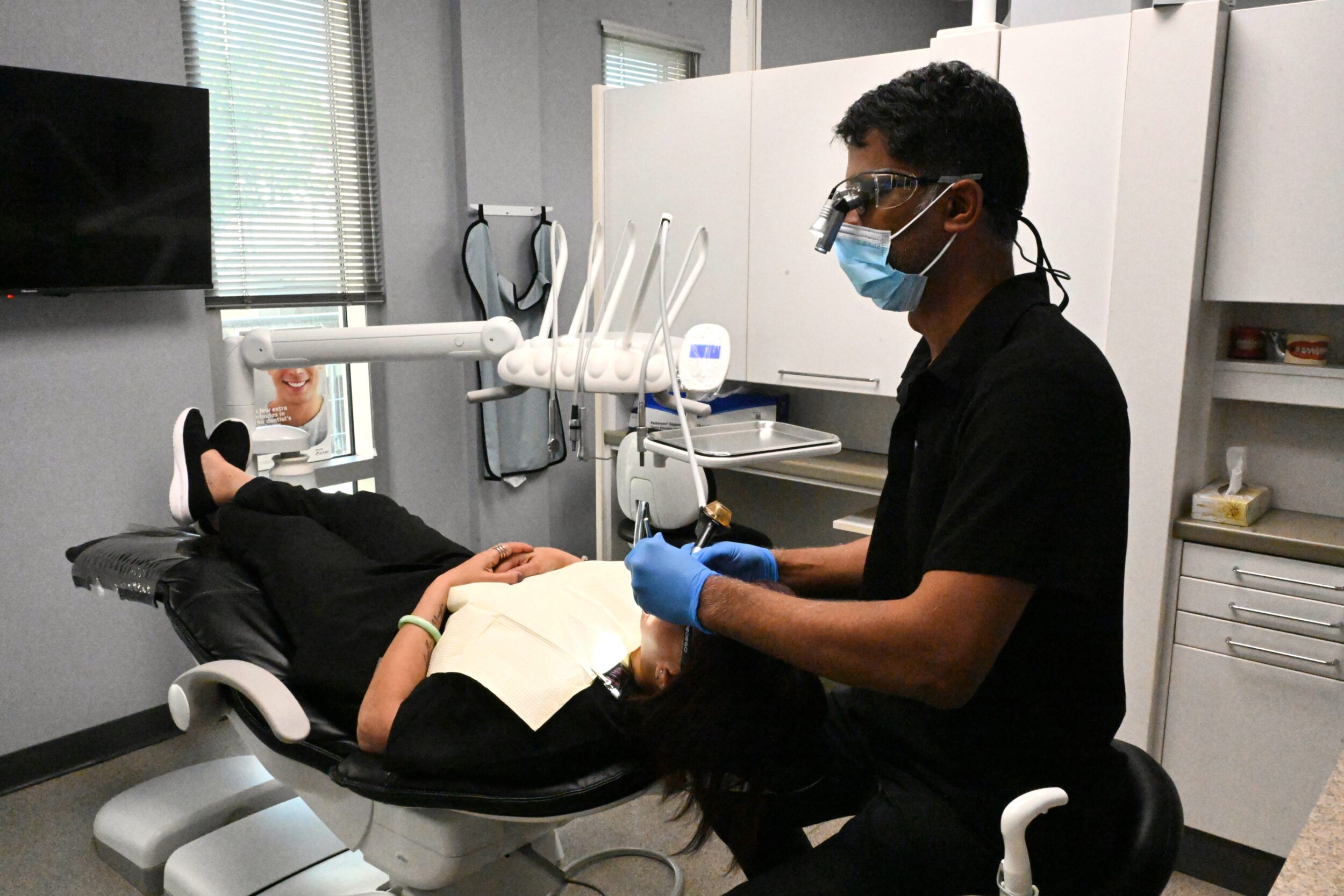Good Diet in Calgary, AB
Oral health often depends on a child’s general health, and vice versa. Providing children with a well-balanced diet is therefore more likely to lead to healthier teeth and gums. A good diet provides the child with many nutrients that he or she needs to grow. For gum tissue to develop, for bones to be strong, and for the child to be protected against certain illnesses, these nutrients are essential.
In accordance with the food pyramid, children require vegetables, fruits, meat, grains, beans, and dairy products in order to grow properly. To achieve optimal results, it is important to consume these different food groups in balance.

What is the effect of my child's diet on his or her teeth?
There is at least one type of sugar in almost every snack. In most cases, parents discard candy and chocolate snacks without realizing that many fruit snacks contain one (or more) types of sugar or carbohydrates. Sugar-rich snacks attract oral bacteria due to their sugar content. Bacteria feed on food remnants left on or around the teeth. Bacteria feasting on enamel eventually produce acids that attack the enamel.
As tooth enamel is constantly exposed to acid, it begins to erode resulting in childhood tooth decay. In prolonged periods of untreated tooth decay, acids attack the soft tissue (gums) and even the jawbone. Childhood periodontal disease occurs when teeth become prematurely loose or fall out, causing problems for emerging adult teeth.
Dental checkups and cleanings at the pediatric dentist’s office are essential to preventing tooth decay. In addition to good dietary habits, you should minimize sugary foods and drinks as part of your “home care routine.”
What can I do to alter the diet of my child?
Pediatric dentists can provide advice and dietary counseling to children and their parents. Generally, parents are advised to choose healthier snacks, such as carrot sticks, reduced fat yoghurt, and cottage cheese. Pediatric dentists may also recommend fluoride supplements to protect tooth enamel – especially if the child lives in an area where fluoride is not routinely added to community water supplies.
It is also important for parents to ensure that their children do not continuously snack – even if it is a healthy habit. Snacking regularly results in sugars attaching themselves to teeth continuously, and tooth enamel is constantly being damaged. Moreover, it would be impractical to try to clean the teeth after every snack, if “every snack” is defined as every ten minutes.
In conclusion, parents are advised to choose faster snacks for their children. Unlike soft candies, mints and hard candies remain in the mouth for a long time, which means sugar is coating the teeth for a longer period of time. Whenever possible, choose sugar-free candy or a variety that can be eaten quickly.
Is it okay for my child to eat starchy foods?
A balanced diet should include some carbohydrates and starches for the child. The most common starch-rich foods are pretzels, chips, and peanut butter and jelly sandwiches. Due to the fact that starches and carbohydrates are broken down into sugar, it is recommended that they be consumed as part of a meal (when saliva production is higher) rather than as a standalone snack. Drink plenty of water (rather than soda) at mealtimes to help the child rinse off sugary food particles.
Last but not least, avoid feeding your child sticky foods. Stickiness on teeth is extremely difficult to remove – especially in younger children who tend not to be as patient when brushing.
Please contact your pediatric dentist if you have any questions or concerns regarding your child’s general or oral health.